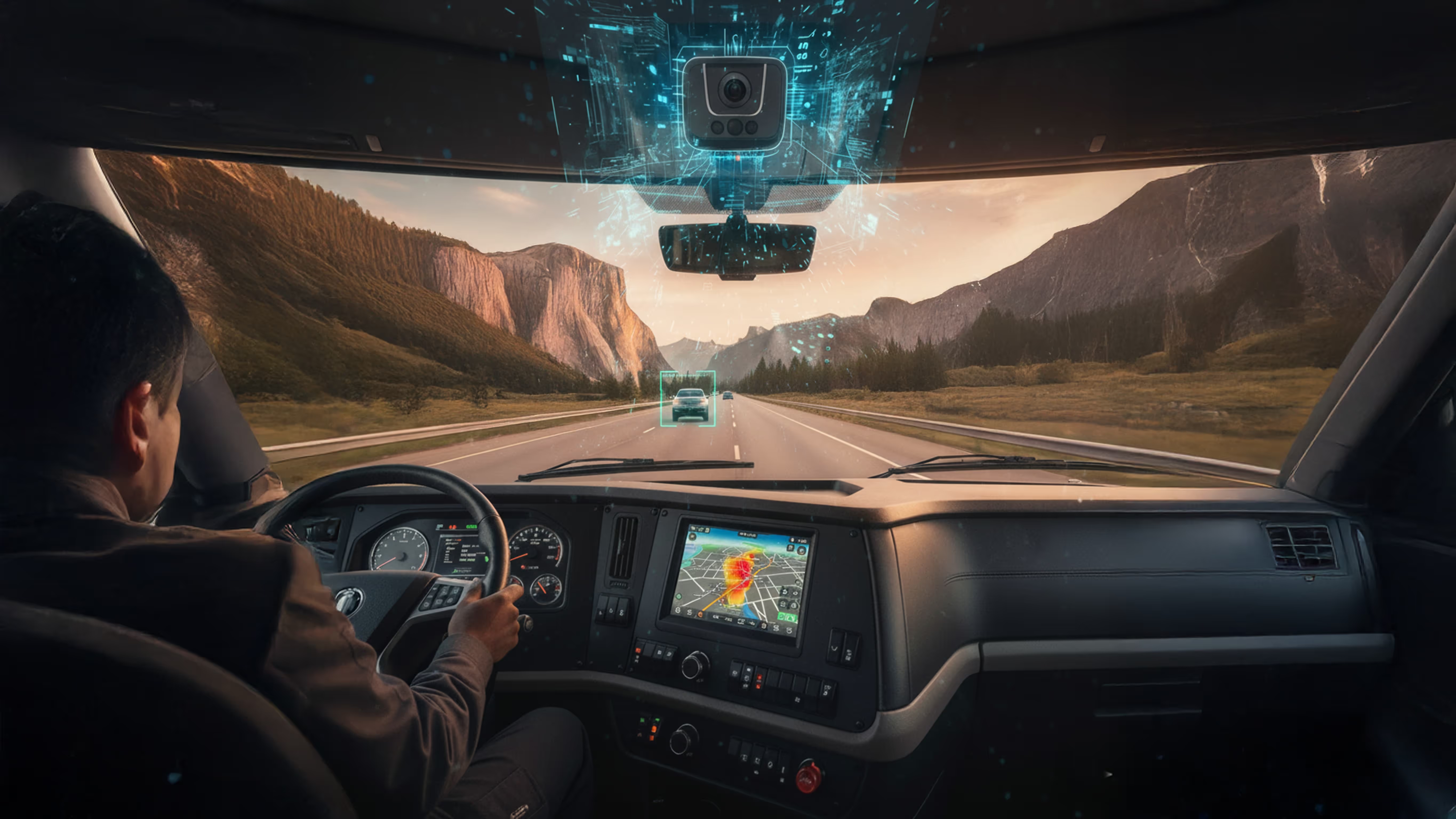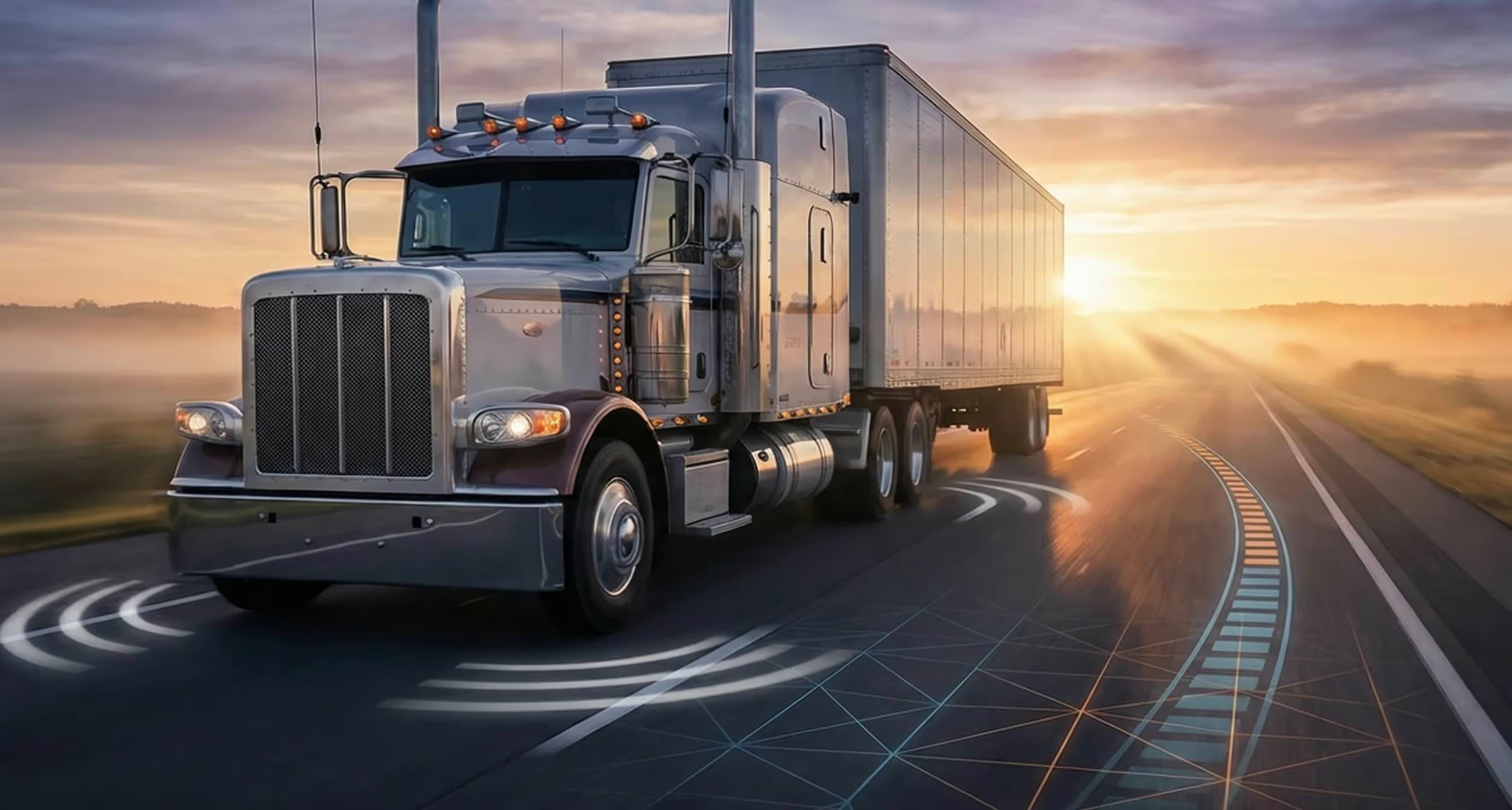The role of technology has shifted from nice-to-have to a must-have as the cost of claims continues to rise. According to our 2025 Claims Experience Report, 94% percent of fleets say technology is extremely useful during the claims process, and fleets are actively investing in technology because it delivers meaningful operational gains.
Unlocking the technology advantage in claims
Fleets are leveraging technology to gather stronger evidence for better claims outcomes, with 82% saying they voluntarily use in-cab cameras and 77% using telematics or dashcam footage in claims.
Without the latest technology, fleets lose the valuable evidence they need to dispute a claim, leaving them exposed to lengthy resolution times or, even worse, fraudulent claims. Camera, sensor, and location data provide strong evidence for claims investigations, helping quickly exonerate drivers and reduce fraud risk. When claim adjusters readily have access to this data, claims can be resolved faster, reducing downtime and excessive costs.
Smarter risk management starts with being proactive and adopting the right technology to meet business needs. Fleets understand this, as our Claims Experience Report uncovers that only 2% of surveyed fleets resist technology advancements in claims.
Adopting the latest technology for claims has never been more important, as 70% of crashes involving commercial vehicles are not the operator’s fault.1 Fleets need to stay prepared, and one of the easiest ways to protect themselves is to use dashcams. Dashcams offer GPS tracking, real-time footage, and telematics data, giving fleets confidence that they have the right tools to support them throughout the claims process and get back on the road quickly.
The AI revolution is underway
The future is coming into focus with camera and telematics data paving the way for the next technology: artificial intelligence.
The newest dashcams include AI-powered features like high-risk driving alerts, which use advanced AI detection models to instantly recognize unsafe driving actions and provide real-time voice alerts, empowering drivers to take immediate corrective action. Combined with hundreds of hours of HD video footage, these capabilities help fleets reduce liability and claims exposure.
Insurance providers are also using AI to speed up the claims process. With AI-enabled claims handling, fleets can expect claims to be resolved in hours or days, instead of weeks. In addition, fleets get more transparency by receiving automated status updates, ensuring clarity on coverage and claim progress so they can make timely decisions and keep operations on track.
Our report indicates that fleets are ready to embrace AI technology in claims, with 19% of fleet operators reporting no barriers to technology expansion. Success awaits fleets that embrace the AI transformation already underway.
Adopt or get left behind
The findings of our 2025 Claims Experience Report make it clear that embracing the latest fleet management technology is no longer optional—it's essential for fleets to stay ahead.
With every incident capable of disrupting operations, fleets need to plan for the future and adopt the latest technology before it’s too late.
Want to learn more? Read the full 2025 Claims Experience Report and explore how technology is powering claims success in the fleet industry.
1 ATA “Relative Contribution/Fault in Car-Truck Crashes Report”




.avif)














